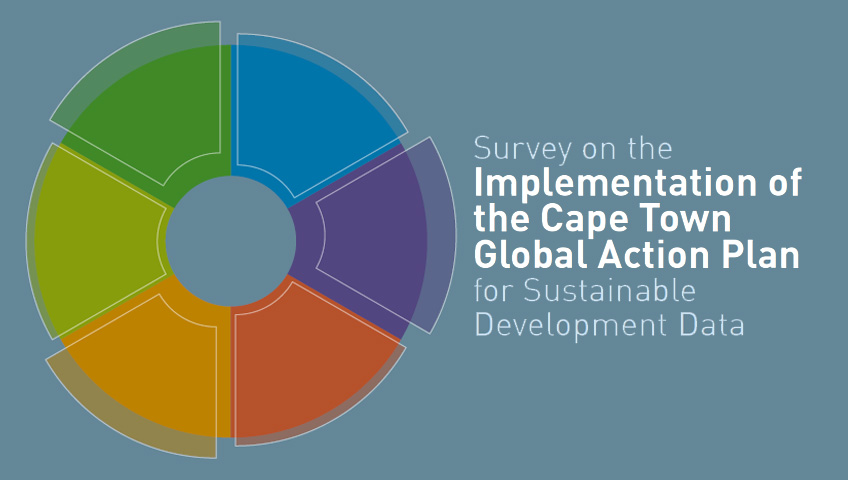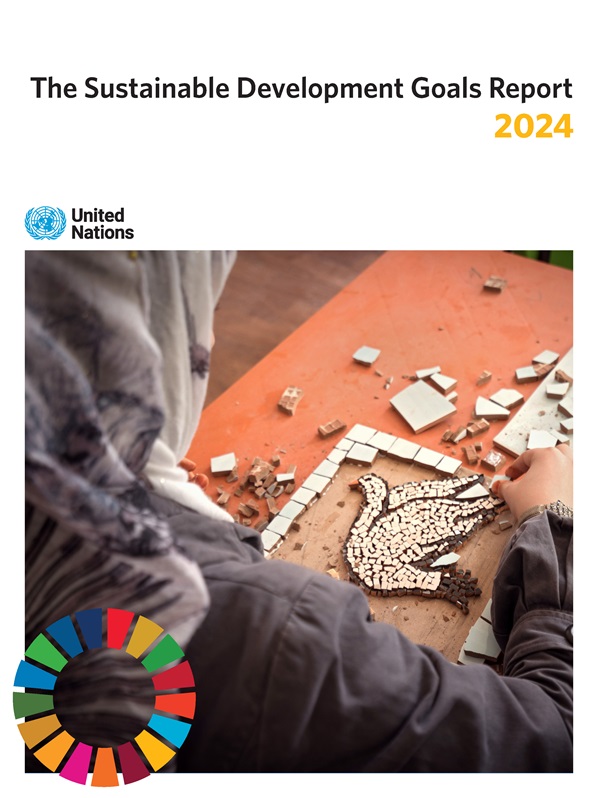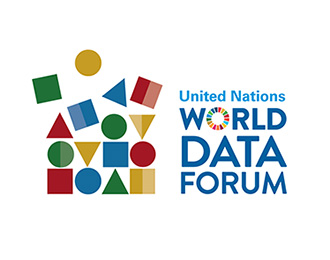Events
First meeting of the IAEG-SDGs
The IAEG-SDGs was established by the Statistical Commission at its 46th session to develop an indicator framework for the monitoring of the goals and targets of the post-2015 development agenda at the global level, and to support its implementation.
Meeting objectives
- set up the process for the development of the indicator framework;
- develop a work plan and agree on the way forward;
- establish the methods of work of the group; and
- discuss technical issues, including the inter-linkages across targets and data disaggregation.
Monday, 1 June 2015
Morning session 10:00am—1:00pm
-
1Opening (10 minutes)
-
-Mr. Wu Hongbo, Under-Secretary-General for Economic and Social Affairs, UN Department of Economic and Social Affairs
(ESA/ST/AC.300/1) - Opening statement
-
-Mr. Wu Hongbo, Under-Secretary-General for Economic and Social Affairs, UN Department of Economic and Social Affairs
-
2Methods of work of the group (50 minutes)
-
-Introduction by UNSD
(ESA/ST/AC.300/2) - Methods of work of the IAEG-SDGs - -Open discussion
-
-Introduction by UNSD
- Break (20 minutes)
-
3Indicator framework: global, regional, national, sub-national and thematic indicators (50 minutes)
-
-Introduction by UNSD
(ESA/ST/AC.300/3) - The indicator framework: global, regional, sub-national and thematic indicators (ESA/ST/AC.300/3.1) - Developing an indicator framework for the post-2015 development agenda -
-Presentations:
-
-National and sub-national monitoring, and its link to global monitoring (Philippines)
(ESA/ST/AC.300/3.2) - National and sub-national monitoring of MDGs in the Philippines: Link to global monitoring -
-Regional monitoring, and its link to global monitoring (Cameroon)
(ESA/ST/AC.300/3.3a) - Regional monitoring, and its link to global monitoring (ESA/ST/AC.300/3.3b) - Draft proposed SDG Indicators (ESA/ST/AC.300/3.3c) - A costed Strategy for Harmonisation of Statistics in Africa
-
-National and sub-national monitoring, and its link to global monitoring (Philippines)
-
-Thematic monitoring, and its link to global monitoring (WHO/UNICEF)
(ESA/ST/AC.300/3.4) - Thematic global monitoring: 25 Years of WASH Monitoring
-
-Introduction by UNSD
- -Open discussion
- -Introduction by UNSD (ESA/ST/AC.300/4) Process of selecting indicators (ESA/ST/AC.300/4.1) Process of selecting indicators: An introduction
-
-Presentations:
- -Integrated statistical frameworks - Example SEEA (UNSD) (ESA/ST/AC.300/4.2) Integrated statistical frameworks – Example SEEA
- -Critical issues (disaggregation, inequality etc.) (SCRPD, OHCHR) (ESA/ST/AC.300/4.3a) Critical issues: The case of disability (ESA/ST/AC.300/4.3b) Critical issues: Data disaggregation: A human rights-based approach to data
- -Open discussion
Afternoon session 2:00pm—5:30pm
-
5Discussion on indicators under specific goals to identify core issues for the work ahead
-
Goals 1, 2 and 10 (65 minutes)
- -Introductory remarks by countries and open discussion
-
Goals 1, 2 and 10 (65 minutes)
- Break (20 minutes)
-
-
Goals 3, 4 and 5 (65 minutes)
- -Introductory remarks by countries and open discussion
-
Goals 6 and 7 (50 minutes)
- -Introductory remarks by countries and open discussion
-
Goals 3, 4 and 5 (65 minutes)
- 6Statements by Major Groups and other stakeholders (10 minutes)
Tuesday, 2 June 2015
Morning session 10:00am—1:00pm
-
7Continuation of the discussion on indicators under specific goals to identify core issues for the work ahead
-
Goals 8, 9 and 12 (70 minutes)
- -Introductory remarks by countries and open discussion
-
Goals 13, 14 and 15 (70 minutes)
- -Introductory remarks by countries and open discussion
-
Goals 8, 9 and 12 (70 minutes)
- Break (20 minutes)
-
-
Goals 11, 16 and 17 (20 minutes)
- -Introductory remarks by countries and open discussion
-
Goals 11, 16 and 17 (20 minutes)
Afternoon session 2:00pm—5:30pm
-
7Continuation of the discussion on indicators under specific goals to identify core issues for the work ahead
- Goals 11, 16 and 17 (20 minutes)
- 8Statements by Major Groups and other stakeholders (10 minutes)
- Break (20 minutes)
-
9Way forward (60 minutes)
- -Introduction and open discussion (ESA/ST/AC.300/5) Way forward: possible time-line and process
- 10Conclusions
- 11Closing
Main documents
Background documents
Statements and inputs
- Statements and related inputs submitted in writing
-
Inputs from agencies and other entities on indicator proposals and metadata (as of 15 June 2015)
- Submissions index
- Inputs on Goal 1
- Inputs on Goal 2
- Inputs on Goal 3
- Inputs on Goal 4
- Inputs on Goal 5
- Inputs on Goal 6
- Inputs on Goal 7
- Inputs on Goal 8
- Inputs on Goal 9
- Inputs on Goal 10
- Inputs on Goal 11
- Inputs on Goal 12
- Inputs on Goal 13
- Inputs on Goal 14
- Inputs on Goal 15
- Inputs on Goal 16
- Inputs on Goal 17
- Other supporting documents
QUICK LINKS
- 2030 Agenda for Sustainable Development
- SDGs Database
- 2025 Comprehensive Review Process
- Survey on the Implementation of the Cape Town Global Action Plan for Sustainable Development
Data

- SG's progress report 2024
- Statistical Annex 2024
- SDGs report 2024

- Gender Snapshot 2024
- UN Data Commons for the SDGs
-

- Medellin Framework for action on data for sustainable development
- Hangzhou Declaration
- Bern Data Compact
- Cape Town Global Action Plan for Sustainable Development Data
- Dubai Declaration
- Global data community's response to Covid-19
- Statistical Commission
Conference Room 3, UN Headquarters